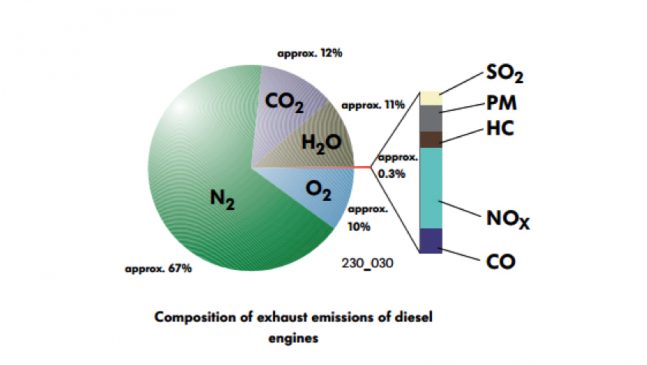In this month’s Powerful Thinking blog, Tim Benson makes the case for transitioning to battery power ahead of changes in legislation that will see a rise in fuel cost for event organisers as the government removes their entitlement to use red diesel and rebated biofuels in April 2022. Here Tim discusses the combination of financial, licensing, public health, environmental and technical drivers that are converging to encourage event organisers to switch to battery systems before legislation forces the issue.
“Never has the case for transitioning to battery solutions in place of conventional generators been more compelling. A combination of financial, licensing, public health, environmental and technical drivers are now all converging to make us embrace this technology.
From April 2022, UK event organisers will see a sharp rise in their fuel costs, as the government removes their entitlement to use red diesel and rebated biofuels, resulting in a circa 46p increase per litre. Even if fuel suppliers were able to ‘magically’ maintain something akin to current pricing rates, where gas oil is supplied to end users at 85p/litre, the approximate cost per kWh generated comes in at 25.75p. Compare this to a projected per kWh supply through a high storage capacity battery system of only 14p/kWh, and it’s a financial no-brainer!
Demonstrating proactive planning for low emissions temporary power provision is further becoming necessary to satisfy Local Authority licensing conditions. In a recent meeting with the GLA, their NRMM representative said they were keen to extend guidance to the events sector within London, and many other Local Authorities, including that of my home city Brighton, are adopting a similar stance. Failure to act voluntarily on this could see license applications rejected and the introduction of tougher environmental regulations requiring event spec generators to adhere to Tier V emissions standards, something currently limited to the construction sector.
For those of us with a conscience, the debate over localised air pollution produced by generators, is yet another key consideration. Switching to biofuels is no silver bullet here, as whilst these go some way towards reducing GHG emissions, they do still produce relatively high levels of tailpipe emissions. There are other alternatives, for example Gas to Liquid (GtL) and Liquid Petroleum Gas (LPG), but here the reverse is the case, relatively low levels of exhaust emissions but relatively higher levels of Carbon – the clue is in their names ‘gas’!
In 2020 the Government revealed that 75% of their air quality reporting zones still have illegal levels of air pollution, with the Royal College of Physicians attributing 40,000 early deaths annually to this; in particular, levels of Nitrous Oxides (NOx) and Particulate Matters (PM) are on the rise, both of which are core components of the toxic cocktail emitted from generator exhaust systems.
Using battery systems in-line with mains supplies to bolster their output, a process referred to as peak shaving, is also a highly efficient and environmentally sound means of encouraging event organisers to utilise mains supplies. DEFRA figures for 2019 suggest that 1kWh of grid power produces 0.233kg of CO2e, whilst gas oil generates 0.809kg, so the environmental benefits are abundantly clear.
And, of course, the technical and performance cases for using batteries are hugely compelling and now well documented too. To start with, high capacity, three phase inverters are far more suited to dealing with the large load-steps and shock loading scenarios commonly found on stages. Typically, generators have to be over-sized or run in a sync configuration to deal with these kinds of load profiles, but inverters can output huge amounts of power in only a split second in response to the current demands of fixtures like discharge lamps, for example strobes and blinders. Furthermore, unlike some Tier V generator engines, there are no reliability issues with batteries when working at low loads, and the quality of power the pure Sine Wave power that they output is better than that associated with our domestic mains supplies.
The evidence for switching to battery systems is irrefutable then and it’s time to act on it – let’s stand up, be counted and do the right thing before our hand is forced by legislation!”
This guest blog originally appeared in the April 2021 Vision: 2025 newsletter. Sign up to receive monthly event sustainability news, case studies and guest blogs direct to your inbox www.vision2025.org.uk

